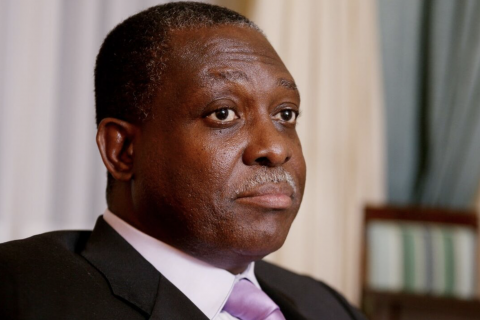Flávio Inocêncio was speaking this Monday in Luanda at the 1st edition of the "Economia Sem Makas" Talks, an event hosted by economist Carlos Rosado de Carvalho, who had as a guest the Minister of Mineral Resources, Oil and Gas, Diamantino Azevedo, to talk about the topic "What Oil and Gas (Still) Have to Give Angola and What the Country Can Expect from Critical Minerals".
Commenting on the supposed end of oil, the analyst considered that the energy transition process has been going on for a long time, from fossil fuels to minerals.
Therefore, Western oil companies may be less and less interested in investing in Angola, being replaced by large Asian companies as the main investors in the coming years, given the greater demand for critical minerals, essential for the energy sector.
We are talking about a replacement of fossil dependence by mineral dependence, he stressed, adding that these minerals are found essentially in Asia, Latin and North America and Africa.
Flávio Inocêncio also highlighted, in this context, the importance of the Lobito Corridor, a railway infrastructure that connects the Lobito terminal to the border with the Democratic Republic of Congo and which is "a strategic axis for Angola in terms of minerals".
"The energy transition will be a transition for minerals and we see enormous potential here", he stressed, considering that agriculture and minerals will be the main pillars for the national economy.
Heitor de Carvalho, Director of the Economic Research Centre at the Lusíada University of Angola, agreed with the minister's view on the subject of energy transition, after Diamantino Azevedo argued that this should be done according to the needs of each country, and not imposed.
"I tend to agree with the minister, the issue has to be put in a different way", said the academic, arguing that each country should have a share of global pollution "and those who pollute more should pay those who pollute less".
"Therefore, the biggest polluters who pay would have to reduce pollution to pay less and the least polluters would also have an interest in reducing pollution to be able to sell more", so as not to harm the least developed countries, he suggested.







